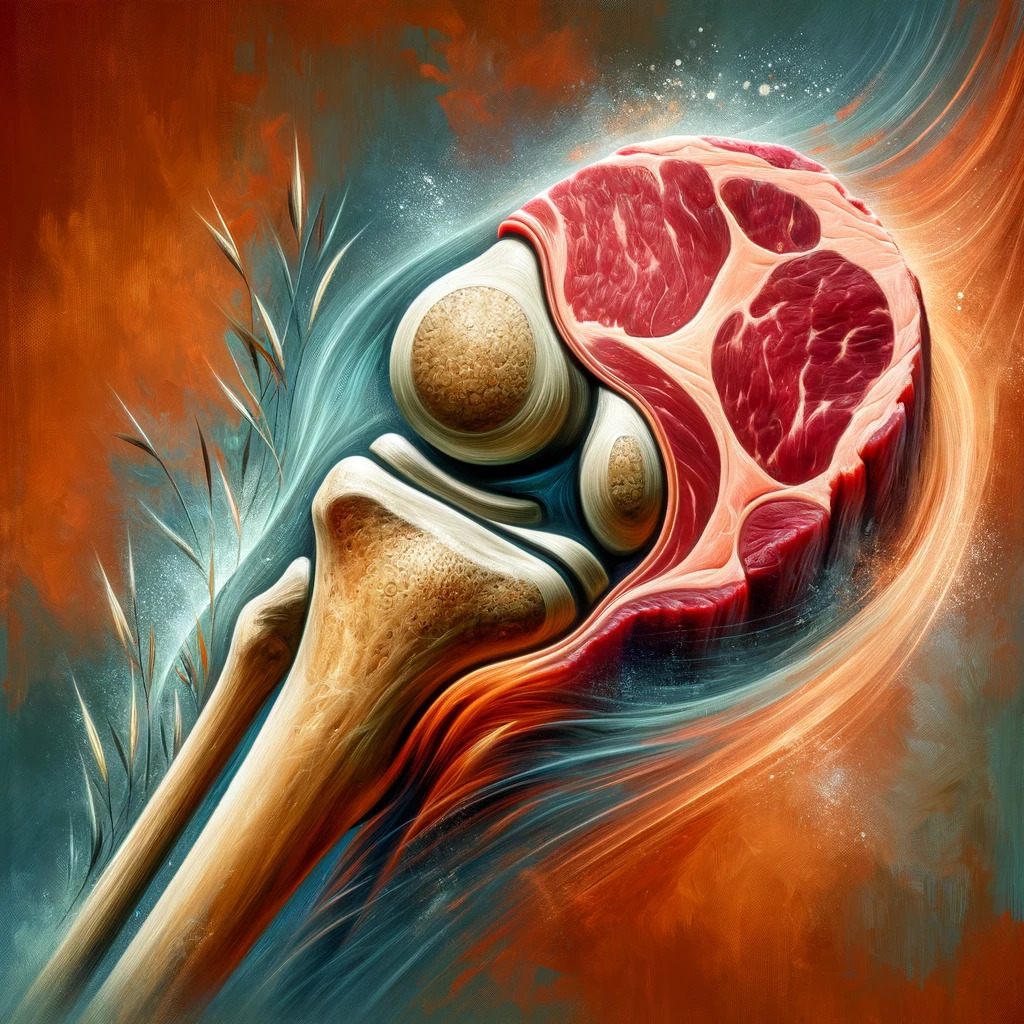Exploring the Impact of the Carnivore Diet on Autism Spectrum Disorders

The world of dietary interventions for autism spectrum disorders (ASD) is ever-evolving, with a range of approaches being explored to alleviate symptoms and improve quality of life. Among these, the carnivore diet, a regimen that consists exclusively of animal products, is gaining attention for its potential benefits in individuals with autism. This blog post delves into how this meat-centric diet might help those with autism, examining both scientific insights and anecdotal evidence.
Understanding Autism Spectrum Disorders
Before exploring the diet’s impact, it’s crucial to understand ASD. Autism is a complex neurodevelopmental disorder characterized by challenges in social interaction, communication, and restricted, repetitive patterns of behavior. The severity and combination of symptoms vary widely across individuals, making the search for effective interventions a highly personalized journey.
The Carnivore Diet: An Overview
The carnivore diet, also known as a zero-carb diet, involves consuming exclusively animal products like meat, fish, eggs, and certain dairy products. This diet eliminates all plant-based foods, arguing that animal-based foods provide all the necessary nutrients for human health. Proponents of the diet claim it can lead to improvements in various health parameters, including mental health and cognitive function.
Potential Benefits for Autism
- Reduction in Inflammatory Responses: One of the proposed benefits of the carnivore diet for individuals with autism is the reduction of inflammation. Autism has been linked with chronic inflammation, and diets high in animal fats and proteins are believed to have anti-inflammatory effects. By reducing inflammation, the carnivore diet might help alleviate some symptoms of autism, such as irritability and behavioral challenges.
- Gut-Brain Axis Improvement: The diet’s potential impact on gut health is another area of interest. The gut-brain axis plays a crucial role in autism, and a diet rich in animal proteins and fats might promote a healthier gut microbiome. This, in turn, could positively influence neurological function and behavior in individuals with autism.
- Elimination of Potential Irritants: The carnivore diet naturally eliminates many foods known to be potential irritants or allergens, such as gluten, casein, and certain artificial additives, which some people with autism might be particularly sensitive to. Removing these could lead to an improvement in behavioral and cognitive symptoms.
- Simplicity and Predictability: For individuals with autism, particularly those with sensitivities to textures and flavors, the simplicity of the carnivore diet can be a relief. Its predictability and limited variety can be particularly beneficial for those who experience stress or anxiety around food.
Anecdotal Evidence and Personal Stories
While scientific research on the carnivore diet’s effects on autism is still in its infancy, numerous personal anecdotes and stories have emerged. Parents and caregivers of individuals with autism often share their experiences, noting improvements in behavior, cognitive function, and overall well-being after adopting the diet.
Considerations and Caution
Despite these potential benefits, it is important to approach the carnivore diet with caution, particularly for individuals with autism. Consulting with healthcare professionals, including dietitians and doctors familiar with autism, is crucial before making significant dietary changes. Monitoring nutrient intake is essential to ensure a balanced diet and prevent deficiencies.
Conclusion
The carnivore diet presents an intriguing option in the array of dietary interventions for autism spectrum disorders. Its potential to reduce inflammation, improve gut health, and eliminate irritants could be beneficial for some individuals with autism. However, as with any dietary approach, it’s essential to consider it as part of a holistic strategy involving medical guidance and personalized assessment. The journey of managing autism is unique for each individual, and dietary choices should align with their specific needs and health goals. As research continues to unfold, the carnivore diet’s role in supporting those with autism will become clearer, opening new avenues for therapy and support.







Responses